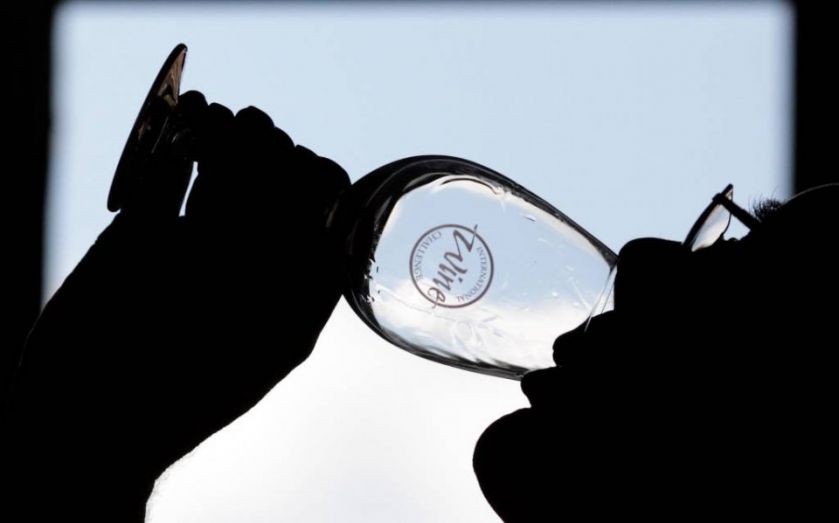Wealthy, healthy and successful The middle-class drinkers with the hidden health problem

Wealthy, healthy, clever and sociable: sounds like the dream combination. But scientists have warned that people this group is at serious risk of harmful drinking when they reach their 50s in what has been dubbed a “middle class phenomenon”.
A study, published in the British Medical Journal today, suggests that “succesful agers” – those who are better off, active and well educated are at greater risk of harmful drinking than their less successful peers.
Researchers believe this could be “a hidden health and social problem in otherwise successful older people”. The scientists are calling for explicit guidelines on alcohol consumption for this group as a result.
Their findings are based on a study of more than 9,000 people looking at the socio-economic factors behind harmful drinking and the changing patterns of consumption over time.
How much is too much? Researchers defined it as drinking 22-50 units a week for men and 15 to 35
units for women. Higher risk drinkers are consuming more than 50 and more than 35 weekly units, respectively, for men and women.
High risk drinking was most common among white men. There was no suggestion it was linked to feelings of loneliness or depression, but was more likely to be a problem among men living on their own.
They found that wealth was particularly associated with high risk drinking among women, as was being lonely, while smoking, higher educational attainment, and good health were all linked to heightened risk in both sexes.
The risk of harmful drinking peaked for men in their early 60s and then gradually tailed off, whereas for women risky drinking fell in tandem with age.
“We can sketch—at the risk of much simplification—the problem of harmful drinking among people aged 50 or over in England as a middle class phenomenon: people in better health, higher income, with higher educational attainment and socially more active are more likely to drink at harmful levels,” the researchers said.
“Our findings suggest that harmful drinking in later life is more prevalent among people who exhibit a lifestyle associated with affluence and with a ‘successful’ ageing process,” they added.
“Harmful drinking may then be a hidden health and social problem in otherwise successful older people,” they warn, concluding: “Consequently, and based on our results, we recommend the explicit incorporation of alcohol drinking levels and patterns into the successful ageing paradigm.”